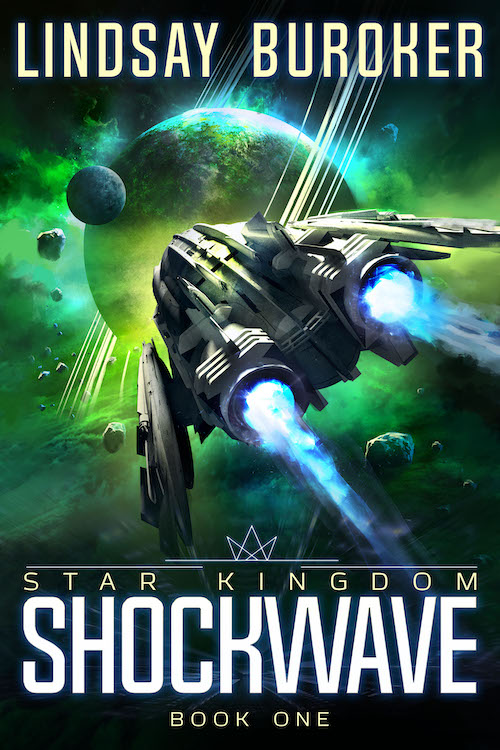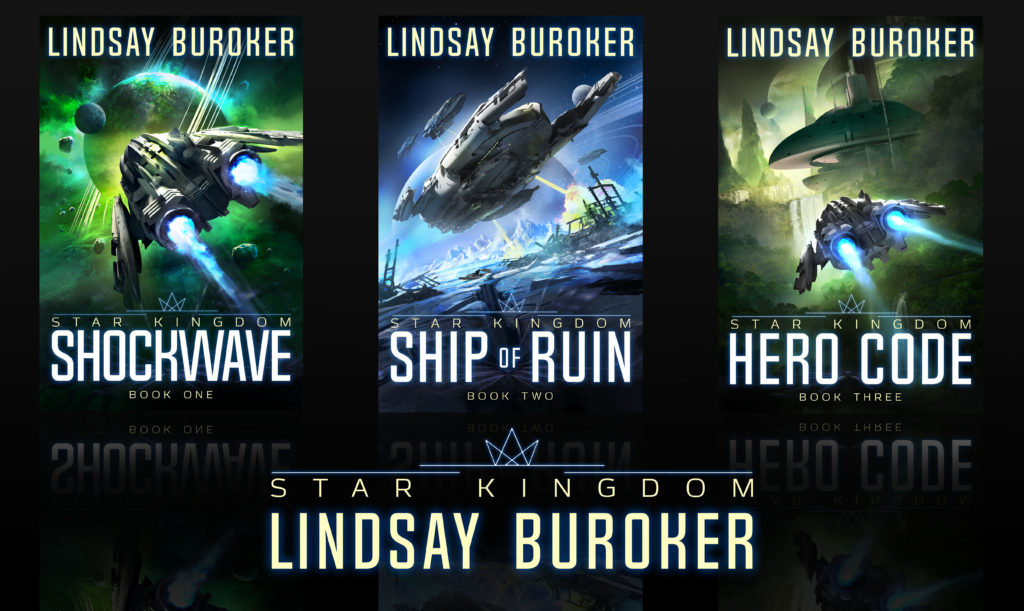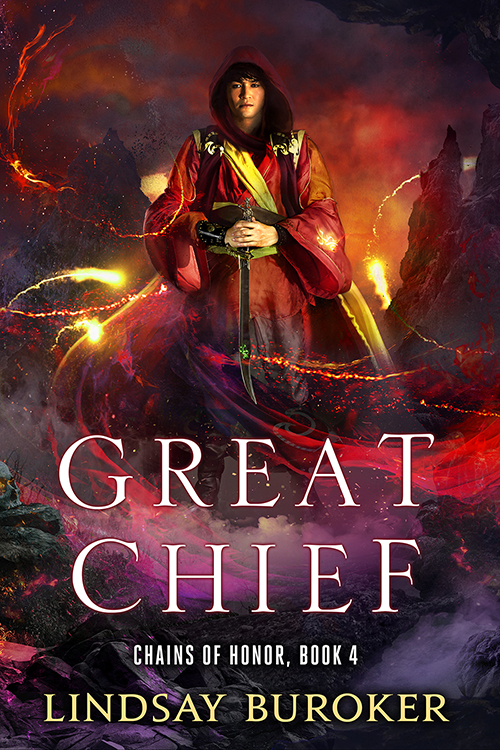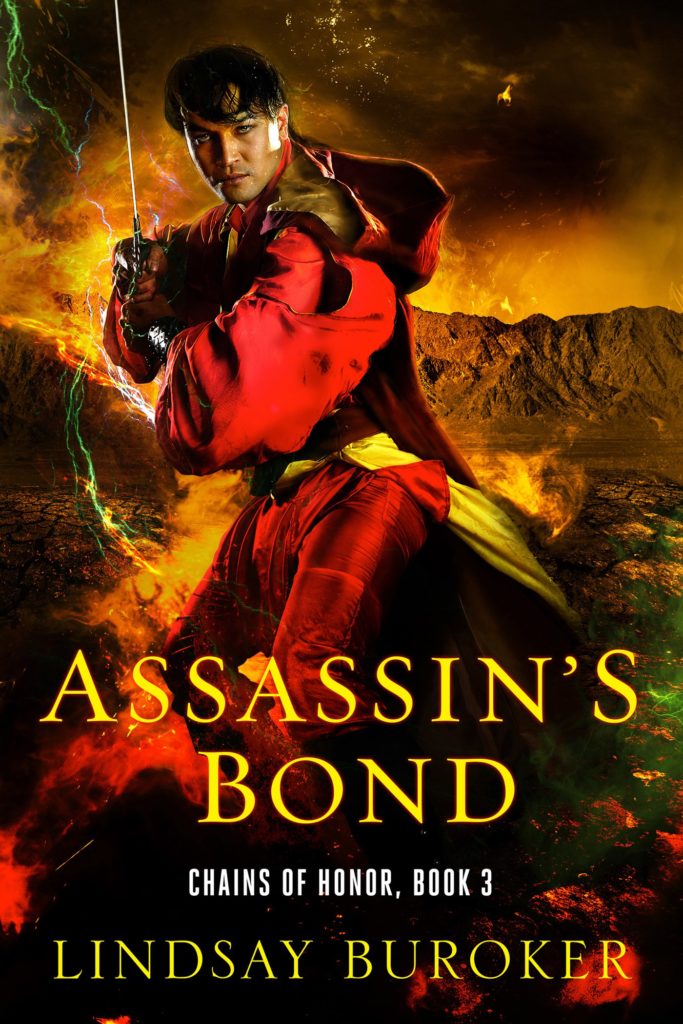If you’ve been dying to give more independent science-fiction-writing female authors a try, I’ve got a few buddies with free offerings right now. And my own Junkyard novella is finally free everywhere and will be for the foreseeable future. The Fallen Empire Collection (first three books) is temporarily free. Most of these are temporary freebies, so grab them while you can!
(Books2Read links will take you to a page that directs you to your preferred store, i.e. Amazon, Kobo, Barnes & Noble.)
Junkyard
McCall Richter works as a skip tracer, tracking down criminals, con men, and people who stop making payments on their fancy new spaceships.
Her job description says nothing about locating vast quantities of stolen maple syrup, but thanks to her helpful new android employee, she finds herself tramping through a “sugar house” on a frosty moon full of suspicious characters. The only witness to the crime? The junkyard dog next door.
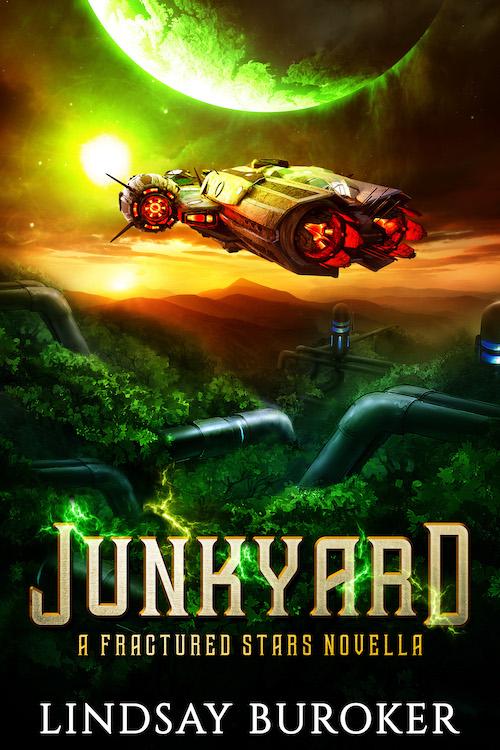
https://books2read.com/JunkyardNovella
The Fallen Empire Collection (Books 1-3 + prequel novella)
After the Alliance’s victorious last battle, Alisa is stranded on a planet far from home. Desperate to return to her daughter, her only hope is a broken old freighter. But a hostile cyborg has his own ideas for the ship…
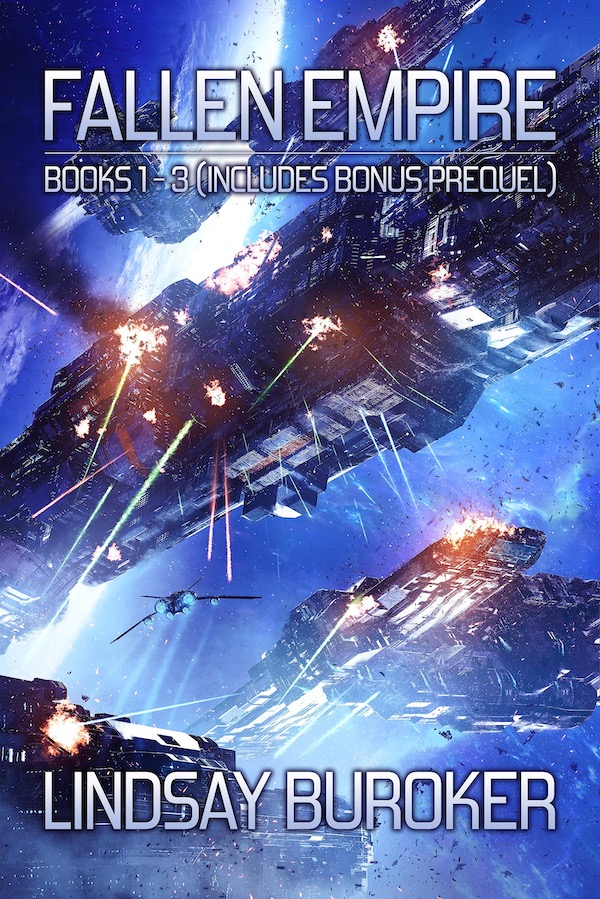
https://books2read.com/FEBox
The Legacy Human (Singularity Book 1)
What would you give to live forever?
Seventeen-year-old Elijah Brighton wants to become an ascender—a post-Singularity human/machine hybrid—after all, they’re smarter, more enlightened, more compassionate, and above all, achingly beautiful. But Eli is a legacy human, preserved and cherished for his unaltered genetic code, just like the rainforest he paints. When a fugue state possesses him and creates great art, Eli miraculously lands a sponsor for the creative Olympics. If he could just master the fugue, he could take the gold and win the right to ascend, bringing everything he’s yearned for within reach… including his beautiful ascender patron.
But once Eli arrives at the Games, he finds the ascenders are playing games of their own. Everything he knows about the ascenders and the legacies they keep starts to unravel… until he’s running for his life and wondering who he truly is.
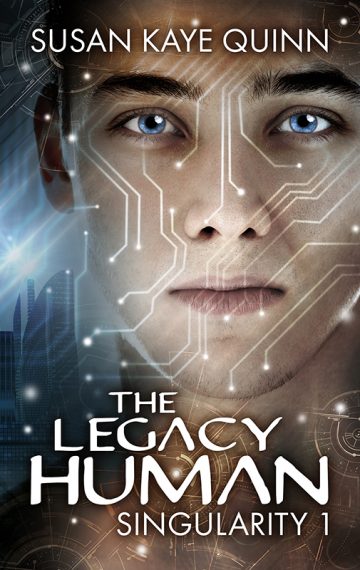
http://susankayequinn.com/book/the-legacy-human
Last Ship off Polaris-G
A bureaucrat and an interstellar trader must overcome treachery and their broken past to save the last inhabitants of a dying planet.
Frontier planet Polaris-Gamma is dying, afflicted by a suspiciously-timed blight that destroys all crops. Worse, the whole system is now under military quarantine by the Central Galactic Concordance to prevent the catastrophic blight from spreading. The settlers must escape—or perish.
Caught behind the blockade, independent trader Gavril Danilovich finds his interstellar trading ship commandeered in the desperate plan to escape. He tells himself that’s the only reason he stays, and not because he’s worried about the woman he walked out on two years ago—who still lives on Pol-G.
Supply depot manager Anitra Helden races to gather the last of Pol-G’s assets. Her plan to launch a mothballed freighter off Pol-G may be crazy—but it can work, if she can talk Gavril into helping. Their precious cargo? Four thousand stranded colonists.
Can Anitra and Gavril, and their ragtag crew get past the deadly military blockade?

https://dl.bookfunnel.com/icwi6me3s0
The Sky Used to Be Blue
This is a novella based on Hugh Howey’s WOOL books.
Karma lives in a Silo deep beneath the earth. She isn’t sure of much else… only that the wallscreen shows an outside view that is barren and swirling with toxic clouds. Most of the other residents seem content. Except for the ones who jump to their deaths from the hundred-level spiral staircase. And the ones who are pushed.
After the doctor prescribes a special medicine and tells her to avoid tap water, Karma begins to remember a very different world. Despite the fog in her mind, she is convinced that something came before. Such memories are dangerous to talk about, or even to think about.
She must figure out who can be trusted. The doctor… her husband… or no one at all.

https://books2read.com/u/mvv7X2
Ambassador 1: Seeing Red
Would you betray Earth to save it?
24 October 2114: the day that shocked the world.
Young diplomat Cory Wilson narrowly escapes death in the assassination of President Sirkonen. No one claims responsibility but there is no doubt that the attack is extraterrestrial.
Cory was meant to start work as a representative to gamra, the alien organisation that governs the FTL transport network, but now his new job may well be scrapped in anger.
Worse, as Earth uses military force to stop any extraterrestrials coming or leaving, as 200,000 extraterrestrial humans are trapped on Earth, as the largest army in the galaxy prepares to free them by force, only Cory has the experience, language skills and contacts to solve the crime.
But he’s broke, out of a job and a long way from Earth.

https://books2read.com/u/bW9R57
Archangel Down: Archangel Project. Book One
In the year 2432, humans think they are alone in the universe. They’re wrong.
Commander Noa Sato plans a peaceful leave on her home planet Luddeccea … but winds up interrogated and imprisoned for her involvement in the Archangel Project. A project she knows nothing about.
Professor James Sinclair wakes in the snow, not remembering the past twenty four hours, or knowing why he is being pursued. The only thing he knows is that he has to find Commander Sato, a woman he’s never met.
A military officer from the colonies and a civilian from Old Earth, they couldn’t have less in common. But they have to work together to save the lives of millions—and their own.
Every step of the way they are haunted by the final words of a secret transmission:
The archangel is down.
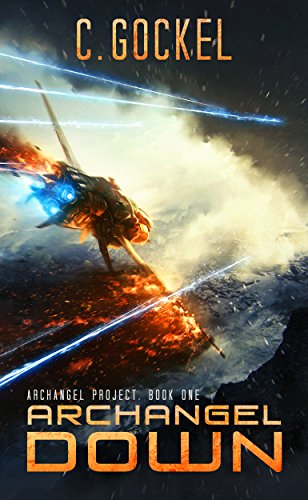
https://books2read.com/u/mVQN0Z
The Star Crossed boxed set — 7 novels by 7 authors
7 full-length novels that explore the future without forgetting that the most dangerous battles will always be within the human heart. Aliens, AI, cyborgs, galactic empires, space battles, and romance…you’ll find them all here, along with heroines and heroes you’ll cheer for.
This has my Star Nomad (Fallen Empire, Book 1) in it, which is also in the Fallen Empire bundle I linked above, but there are six other novels by other authors that you can check out:

books2read.com/u/3kG0l6
That’s it for now. Grab these while you can!
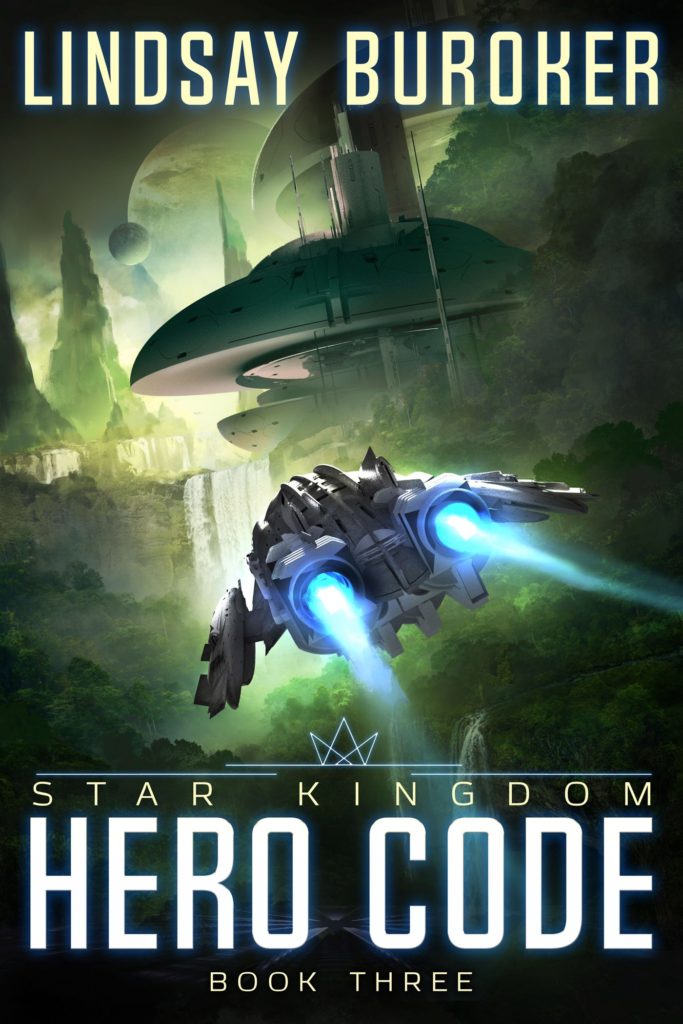

 To go along with the launch of my new series (
To go along with the launch of my new series (